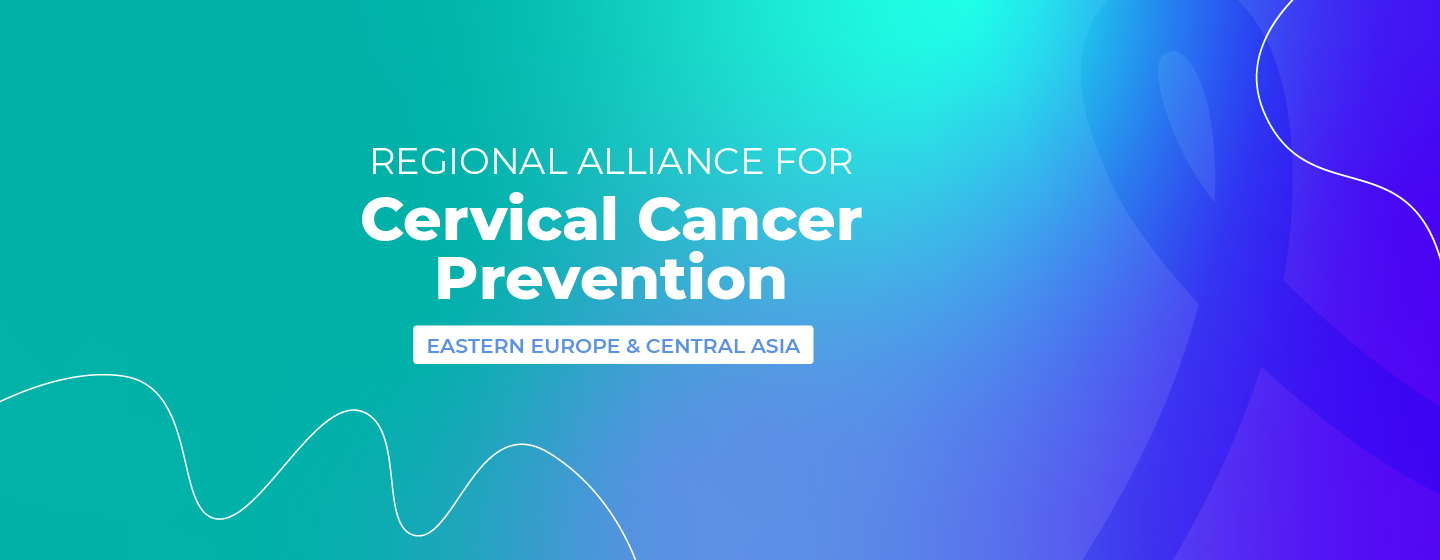
Cervical cancer is the second most deadly cancer among women of reproductive age in Eastern Europe and Central Asia. Every year, 32,000 women are diagnosed with this cancer, and 16,000 die. The cancer takes a high emotional, social, and financial toll on women, their families, and national health systems.
Ninety per cent of cases are preventable through screening and vaccination against HPV, the virus that can cause cervical cancer. However, in most countries in the region there are no organized national screening programmes and access to screening and follow-up services is often limited, particularly in rural, remote or otherwise marginalized communities.
Only six countries in the Eastern Europe and Central Asia region have national HPV vaccination programmes, and coverage rates in most of them are low. In another six countries, the vaccine is only available for a fee which limits access to those who cannot afford to pay it. In the remaining five countries and territories it is not officially available at all. To be effective, HPV vaccination should be included in the national vaccination calendar and delivered through national programmes with high coverage (>70%) of the target population.
To address these issues, UNFPA launched the Regional Alliance for Cervical Cancer Prevention in Eastern Europe and Central Asia in October 2021. The Alliance is a regional coordination body that brings together policymakers, medical experts, private sector companies and international organizations to cooperate, share knowledge and implement the UNFPA Regional Strategy to Eliminate Cervical Cancer as a Public Health Problem in Eastern Europe and Central Asia.